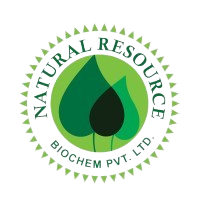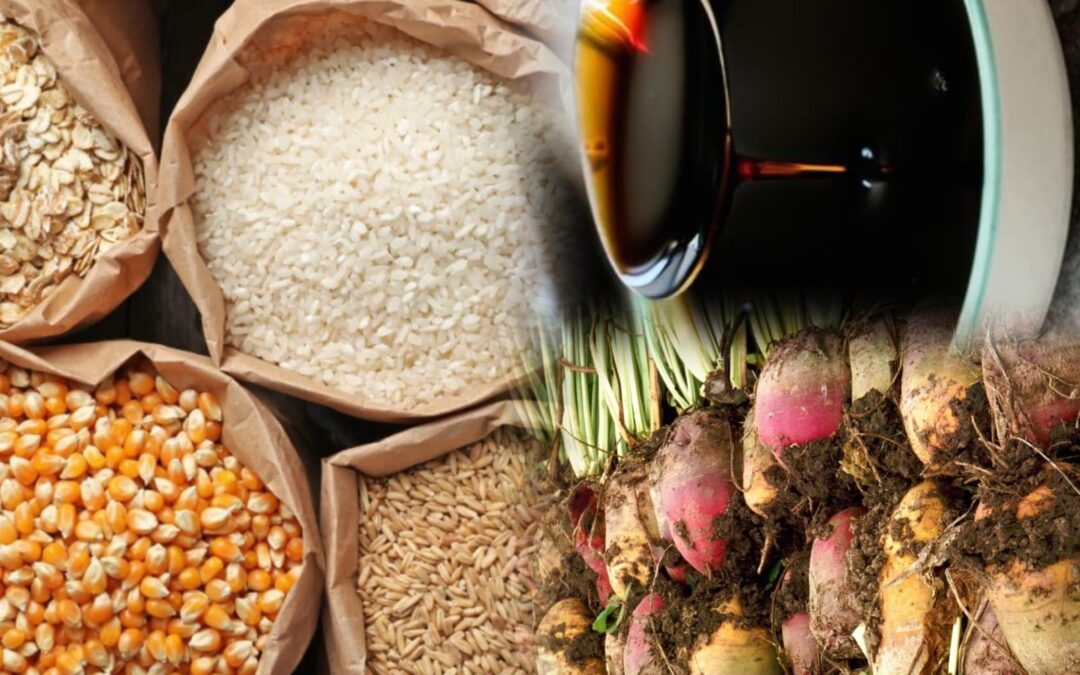Molasses: – Molasses is a highly valued feedstock in distillery fermentation. As a byproduct of sugar refining, molasses is rich in fermentable sugars such as sucrose, glucose, and fructose. Diluted with water, molasses forms the basis of the fermentation wash, where yeast is introduced to convert sugars into alcohol and carbon dioxide over several days. Its high sugar content and cost-effectiveness make molasses an efficient choice for alcohol production. Beyond its utility, molasses imparts distinct flavors and aromas to the final product. Its versatility and economic viability underscore its importance in the distillery industry.
Grain: – Grains are a fundamental feedstock in biofuel production, particularly for ethanol. Rich in starch, grains are milled and mixed with water to form a mash, which is then enzymatically converted into fermentable sugars. Yeast is added to the mash to ferment the sugars into ethanol. Each grain, like corn, barley, wheat, and rye, imparts unique characteristics to the final ethanol. Grains are favored for biofuel production due to their high starch content, which can be efficiently converted into ethanol, providing a sustainable alternative to fossil fuels.
Sugar beet:- Sugar beet is a versatile feedstock for fermentation due to its high sugar content and ease of extraction. The sugar extracted from sugar beet can be readily fermented by yeast to produce ethanol, making it an ideal feedstock for ethanol production. Additionally, sugar beet cultivation is sustainable and can be done in many regions, providing a reliable source of feedstock for fermentation. The relatively low cost of sugar beet compared to other feedstock further enhances its appeal for use in fermentation. Overall, sugar beets high sugar content, sustainability, and cost-effectiveness make it a valuable feedstock for fermentation processes, particularly in ethanol production.


